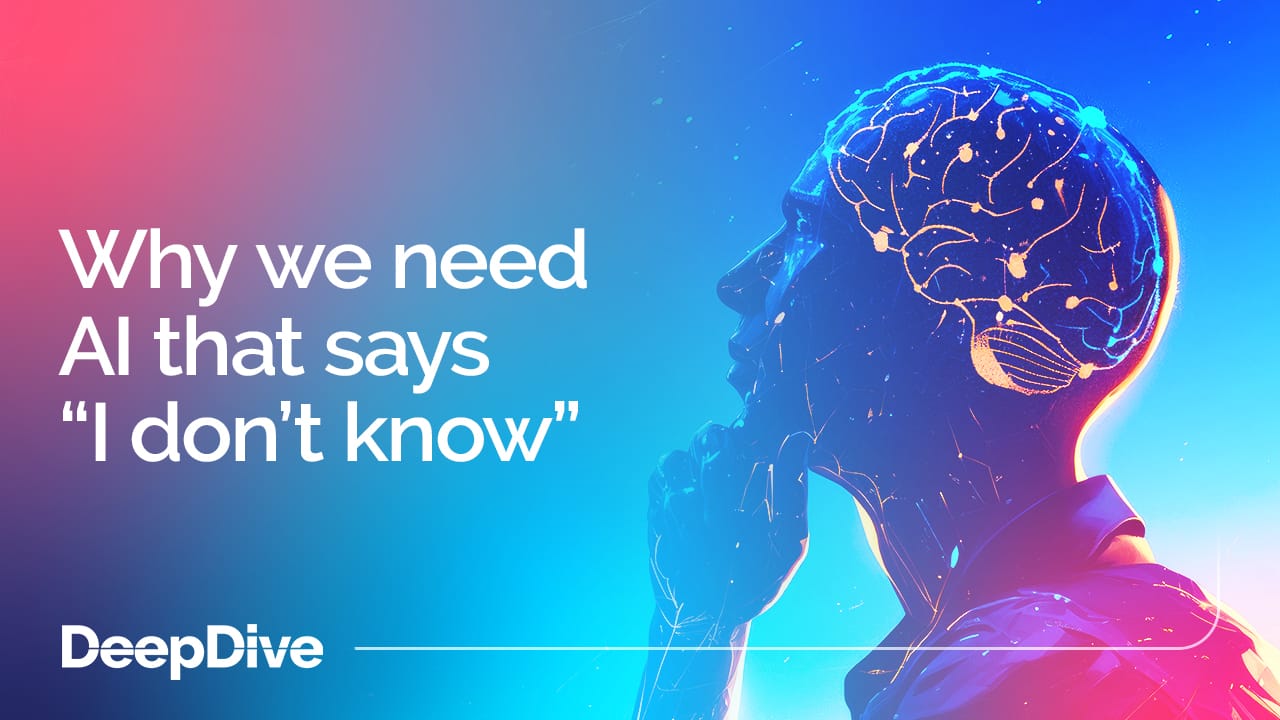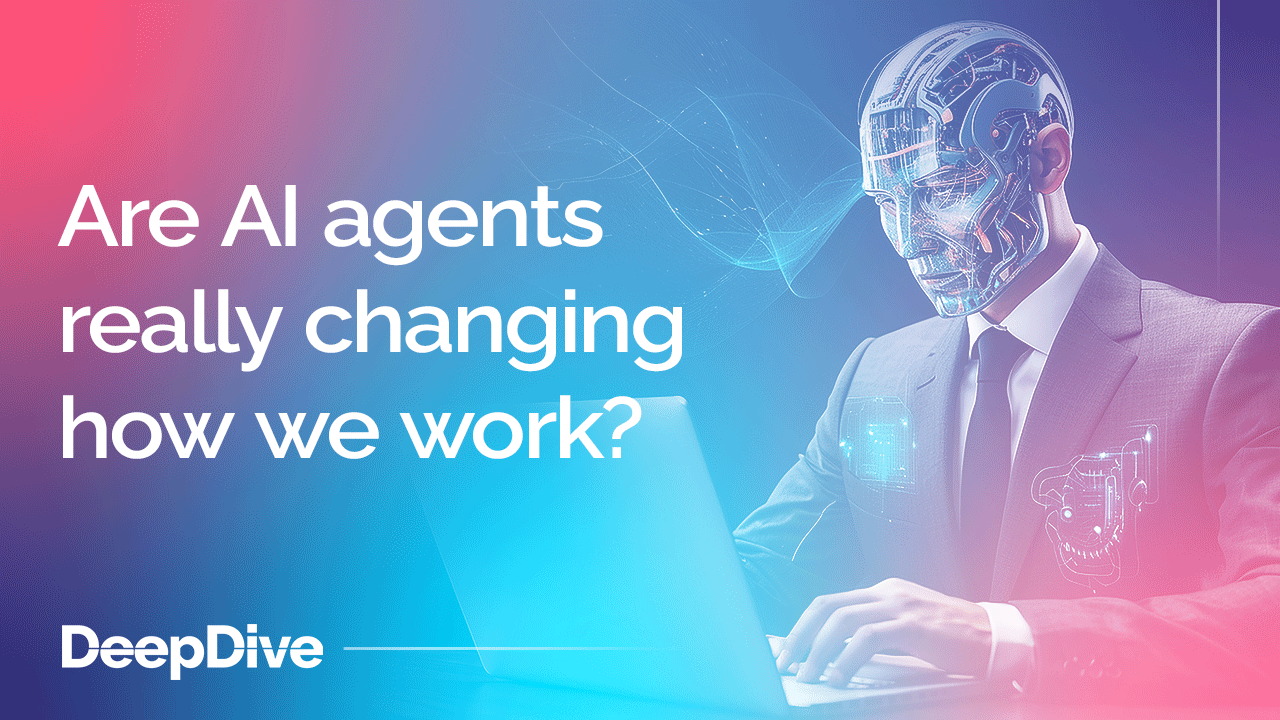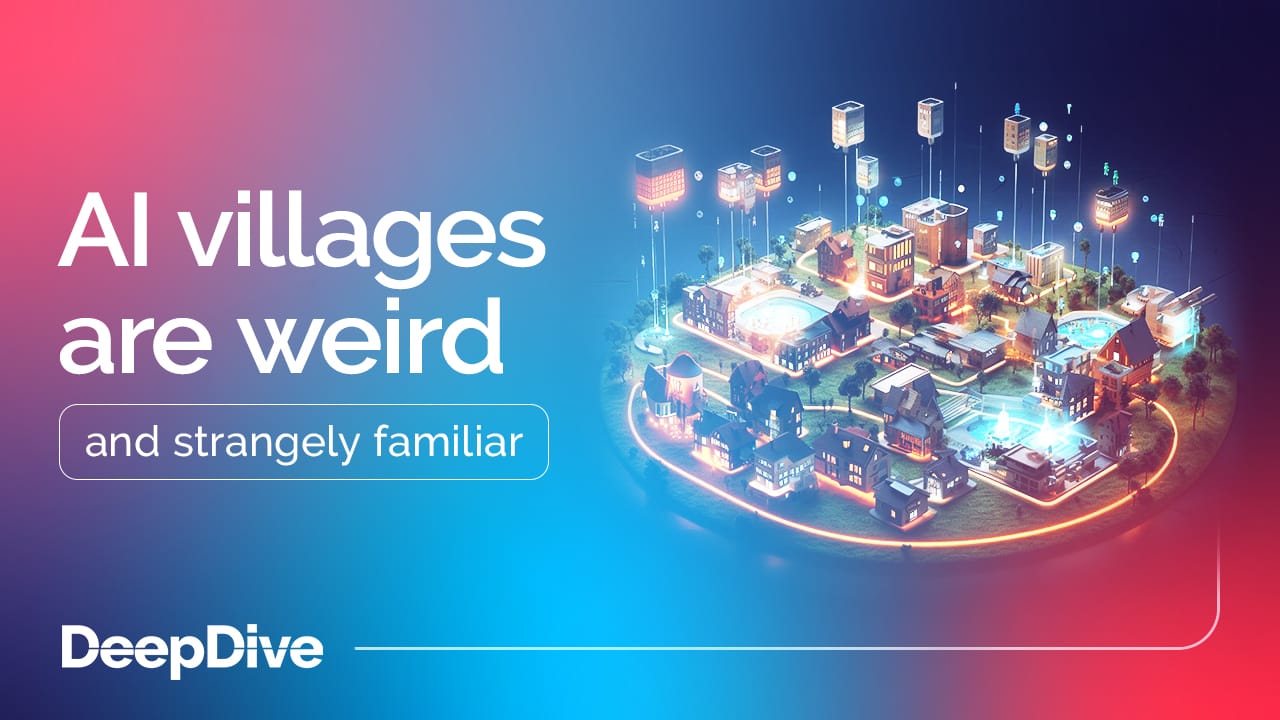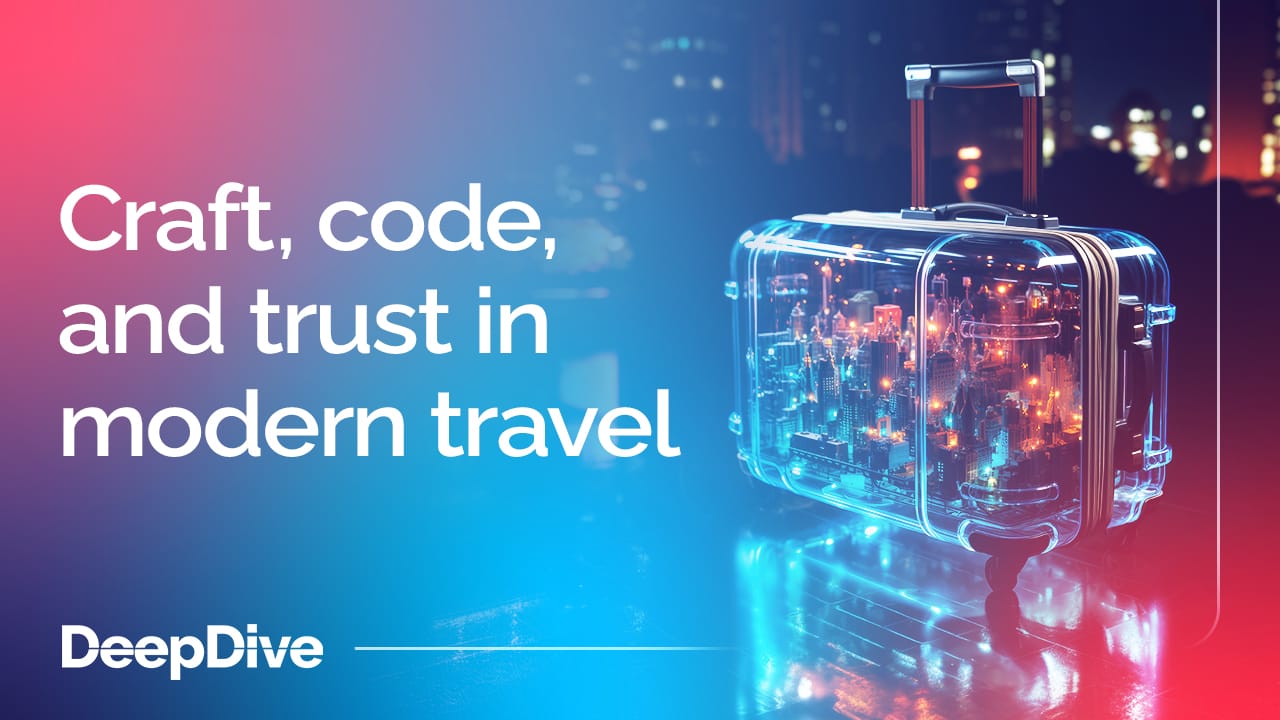

Are AI agents really changing how we work?

Welcome to the 9 new deep divers who joined us since last Wednesday.
If you haven’t already, subscribe and join our community in receiving weekly AI insights, updates and interviews with industry experts straight to your feed.
DeepDive
All over the internet, everyone’s saying AI agents are changing the way we work. But are they replacing human labour, or supercharging human performance?
We’ve been busy immersing ourselves in a new study authored by researchers from MIT, Stanford, and Salesforce AI. It’s called Future of Work with AI Agents, and it takes a fresh look at the rise of autonomous, decision-making AI systems.
Known as agentic AI, these systems can act on our behalf, make decisions, coordinate tasks, and pursue goals across multiple systems.
And we want to know what that means for the workforce.
A framework for human-AI collaboration
The study introduces a fascinating framework to assess how AI agents can augment (or replace) tasks across 104 occupations. Importantly, this isn’t about what AI can technically do, but about whether people are willing to hand over that task to an agent.
The researchers asked workers two key questions:
- Would you be comfortable delegating this task to an AI agent?
- Would you prefer to do it yourself?
Their findings show that even in jobs heavily exposed to AI, humans still want agency. Tasks involving creativity, personal judgement, or ethical decisions were far less likely to be delegated, even if AI could do them.
For AI developers, this means we need to acknowledge that automation shouldn’t happen for automation’s sake; and instead, we need to co-create new ways of working where people still feel like they’re in control.
There’s no one-size-fits-all automation
Another key insight from the study is the importance of task-level mapping. That is, breaking down a job into its core components, and then figuring out which tasks are ripe for delegation and which are not.
- Scheduling meetings and processing expenses? High delegation potential.
- Delivering performance reviews or leading a strategy session? Not so much.
Interestingly, the study found that even tech-savvy workers in fields like software engineering or marketing prefer to retain control over complex, high-stakes tasks. The implication of this is that we need nuanced AI design, not blanket automation.
Human agency still matters (a lot)
The term agentic AI comes from the notion that AI systems can act independently to pursue a goal. But the irony, as the study points out, is that humans don’t want to lose their own sense of agency in the process.
We’ve all experienced this. For our jobs to be meaningful to us, we need to feel like we’re making decisions that matter. Delegating every task (even the small ones) can diminish that sense of ownership. In fact, the researchers observed a strong correlation between preference for human control and tasks that require social or emotional intelligence.
If AI agents do everything for us then organisations risk creating a totally disengaged workforce. People won’t care about their jobs. They won’t feel needed or empowered, and that means they won’t be motivated or creative.
Rethinking job design in the era of AI agents
Instead of thinking in terms of job displacement, the study urges employers to rethink job design. This means identifying which tasks can be augmented (not just automated), and building workflows where humans and agents collaborate in real time.
Some roles will evolve into more supervisory positions, where humans manage fleets of agents. Others will focus more on tasks that AI can’t easily replicate – think negotiation, leadership, or cross-functional thinking.
The future of work isn’t about machines replacing humans. It’s about designing jobs around what humans do best, and letting agents handle the rest.
Let’s treat AI agents like co-workers
AI agents are more than just tools. They’re a new kind of co-worker. But whether they support human workers, or threaten job satisfaction and security, depends on how we implement them.
This new research highlights a critical truth; that trust, preference, and task relevance matter just as much as technical capability. So as we build the future of work, let’s not just ask, “Can an agent do this?”
Let’s also ask: “Should it?”





